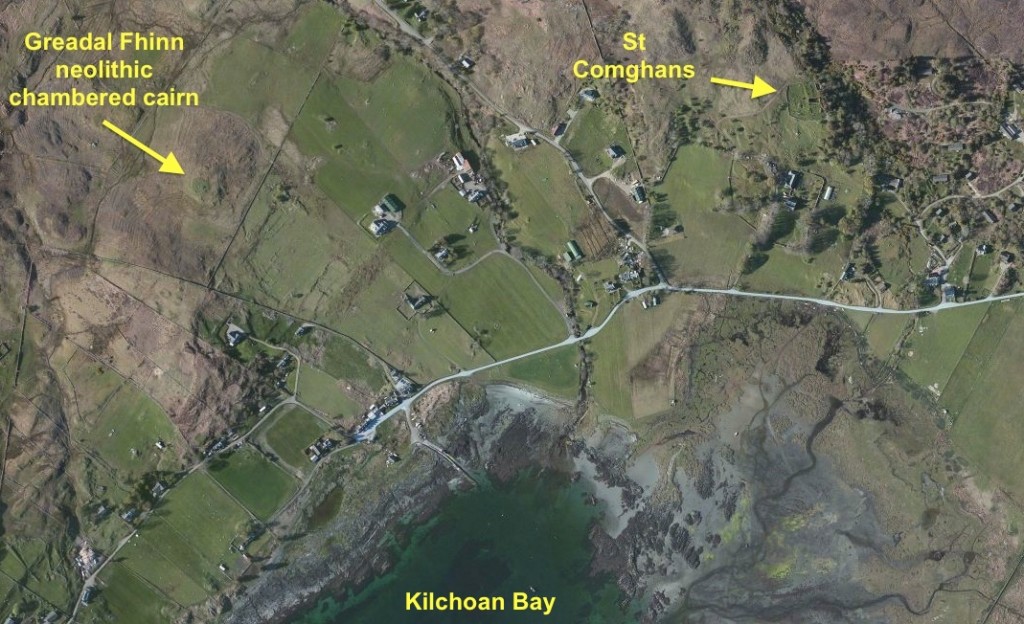'Well, there must have been places our Celts and the Vikings did meet and trade (it wasn't all rape and pillage). Maybe this was such a place?' (Boreades)
This sums up the debate at the moment, were the Vikings very naughty boys or were they misunderstood. No doubt today they'd be given an Asbo and sent on a diversity awareness course.
What we forget is the presence and absence of the Picts. Northern Scotland, including the Outer and Inner Hebrides were once Pictish.
Curiously there is a tale in Skye in which a farmer disturbs an underground house while ploughing. The 'fairy' who lives in the house comes up out of the ground and slags the farmer off in English which apparently was the language of the Skye fairies.
The Norwegians were active in the area from as early as the seventh or eighth centuries so the presence of Norse place names is understandable. In fact the majority of place names in these areas seem to be Norse rather than gaelic or at least a combination.
A study of place names on Islay by Dr Alan MacNiven suggests an original gaelic speaking population taken over by a Norse speaking population. Then, post Norse, gaelic makes a reappearance.
'LIES, DAMN LIES, STATISTICS AND THE TRUE SIGNIFICANCE OF ISLAY’S NORSE PLACE-NAMES'
http://www.spns.org.uk/CtArgyll.htmlIn the Outer Hebrides wiki claims that Norwegian may have been spoken as late as the sixteenth century:
'The obliteration of pre-Norse names in the Outer Hebrides and in Coll, Tiree and Islay in the Inner Hebrides is almost total and there is little continuity of style between Pictish pottery in the north and that of the Viking period. The similarities that do exist suggests the later pots may have been made by Norse who had settled in Ireland, or Irish slaves.[87][88][89] There are frequent references in early Icelandic history to slaves from Ireland and the Hebrides, but none from Orkney.[90] Gaelic certainly continued to exist as a spoken language in the southern Hebrides throughout the settlement period, but place name evidence suggests it had a lowly status[91] and Norse may have survived as a spoken language until the 16th century in the Outer Hebrides.[92]'
https://en.wikipedia.org/wiki/Scandinavian_ScotlandWhat is surprising is not that there is a substantial Norse place name presence but that it was replaced so quickly by Gaelic.


